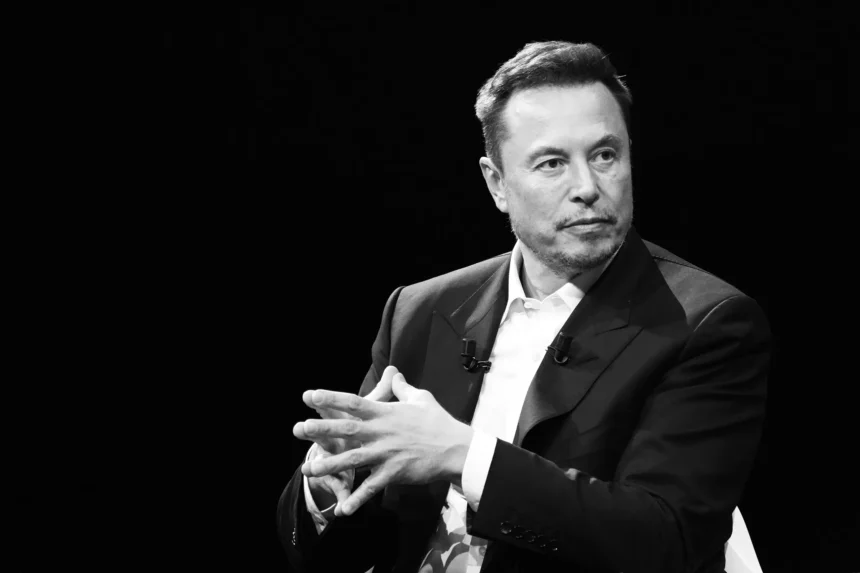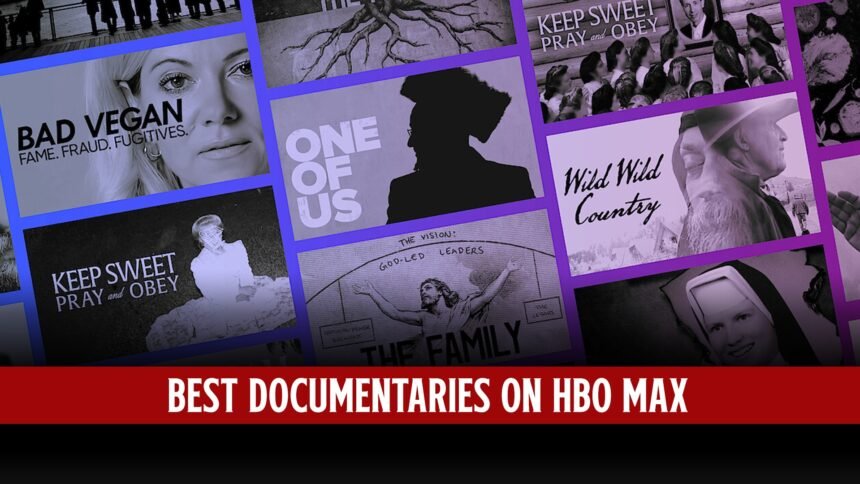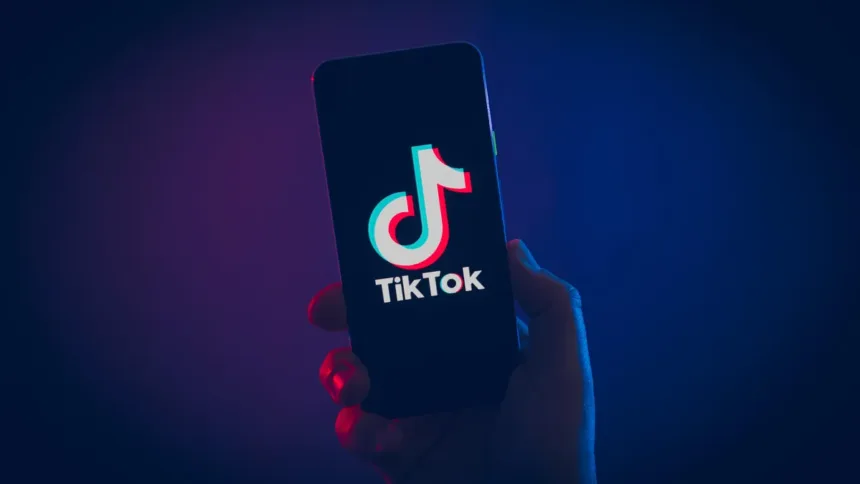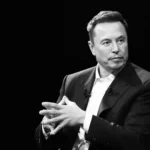In recent times, European politicians have grown increasingly apprehensive about the destination of TikTok’s data. Despite the company’s substantial investments in local data centers, analysts remain skeptical about its efforts.
TikTok: A Growing Concern in Europe
When Grant Shapps assumed the role of the UK’s defense minister, questions arose about his use of social media, particularly TikTok. Shapps, a former energy minister, had been a prolific TikTok user within the British government.
This sparked concerns among military experts and the media regarding the security implications of his app usage. TikTok had already been banned from official devices within the UK Parliament. However, the UK is not alone in its growing unease about TikTok’s security risks.
This year, numerous nations have prohibited TikTok on devices used by government personnel and elected officials. Citing unspecified “national security risks,” the European Commission, European Union, and European Parliament introduced bans on officials’ devices in March, subsequently urging member states to follow suit.
The primary cause for this cautious approach across Europe stems from TikTok’s association with ByteDance, a company registered in the Cayman Islands but managed from Beijing, China. This connection to China, coupled with concerns that the company could be compelled to share data with the Chinese government, has raised alarm bells.
TikTok’s Response: Project Clover
In an attempt to allay European governments’ concerns, TikTok has embarked on a €1.2 billion ($1.3 billion) initiative to construct three new data centers—two in Ireland and one in Denmark. By the end of 2024, these centers will ensure that EU user data remains within the jurisdiction.
This initiative also includes the establishment of a European “transparency center,” open for regulators to learn more about TikTok’s operations. TikTok has additionally enlisted the services of UK-based NCC Group to provide an independent assessment of its cybersecurity, a move known as Project Clover.
Despite its substantial investment, Project Clover may not fully quell the suspicion of Chinese technology in parts of the EU and the UK. Some senior intelligence officials in the UK have highlighted the growing cyber threat posed by Beijing.
“I don’t know how this plays out,” says Sam Sharps, executive director of policy at the Tony Blair Institute for Global Change. “And whether the reassurances they give—even if today, they meet the best standards of investigations of data protection authorities around Europe—are at a political level going to be enough.”
TikTok’s Popularity in Europe
TikTok boasts around 150 million users in Europe, with many dedicated users spending over 90 minutes daily on the platform. It has gained popularity, particularly among a younger demographic, making it a formidable competitor in the social media space.
However, the constant threat of a ban looms over TikTok, primarily due to its Chinese connections. While it is a separate app from China’s Douyin, it shares some features and ByteDance’s Chinese management.
Although TikTok claims that no identifiable data travels to Beijing, skeptics fear that Chinese telecom and national security laws could compel data monitoring if requested.
Moritz Körner, a German member of the European Parliament, voices concerns: “TikTok poses several unacceptable risks for European users, including data access by Chinese authorities, censorship, and the tracking of journalists.”
US Perspective: A Bipartisan Concern
In the United States, there is bipartisan consensus that China poses the country’s greatest threat. This has led to calls for the outright ban of TikTok and other Chinese-owned technology platforms. In response, TikTok launched Project Texas, a parallel effort to Project Clover, to safeguard data and enhance transparency.
However, disputes have arisen over who gets to scrutinize TikTok’s algorithm, a critical differentiator from competitors. The US government has even suggested the possibility of forcing TikTok to separate from its Chinese parent, a stance strongly opposed by the Chinese government.
European Bans on TikTok
While some countries have taken a more lenient approach to TikTok, several European institutions and countries have banned the app from official devices. TikTok’s efforts to safeguard European data may be in vain unless they can convince the skeptics.
“Until there is a legally enforceable data protection agreement between China and the EU, or at least an EU–China no-spying agreement, the data dragon TikTok must be placed under the constant surveillance of European authorities,” says Körner.
Concerns About TikTok’s Data Storage
Although TikTok is in the process of relocating European user data to European data centers, an interim measure involves storing it in a “European enclave” in the United States.
While this is within the framework of European-to-US data transfers, the reliance on sending European user data to the US raises concerns, especially at a time when skepticism is already prevalent.
TikTok representatives have faced questions about whether their actions are sufficient to convince European politicians to lift bans on the app. Theo Bertram, TikTok’s vice president of public policy in Europe, expressed eagerness to engage with governments and security experts to address their concerns.
The Challenge Ahead
TikTok’s substantial investments in European infrastructure, including Project Clover, serve both a performative and genuine purpose. While they aim to portray TikTok as a normal business with robust governance structures, the company is genuinely committed to investing in European countries and enhancing governance.
However, the outcome remains uncertain. TikTok’s situation echoes the struggles faced by Huawei, which despite significant PR efforts and investments, still faced resistance from countries concerned about espionage.
In conclusion, TikTok’s efforts to secure its place in the European market and allay security concerns are substantial. Yet, whether these measures are sufficient to gain the trust of European policymakers and regulators remains to be seen.
As data privacy and security concerns persist, TikTok must navigate the complex landscape of international regulations and geopolitical tensions to ensure its continued presence in Europe.













